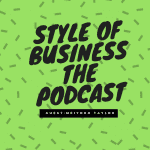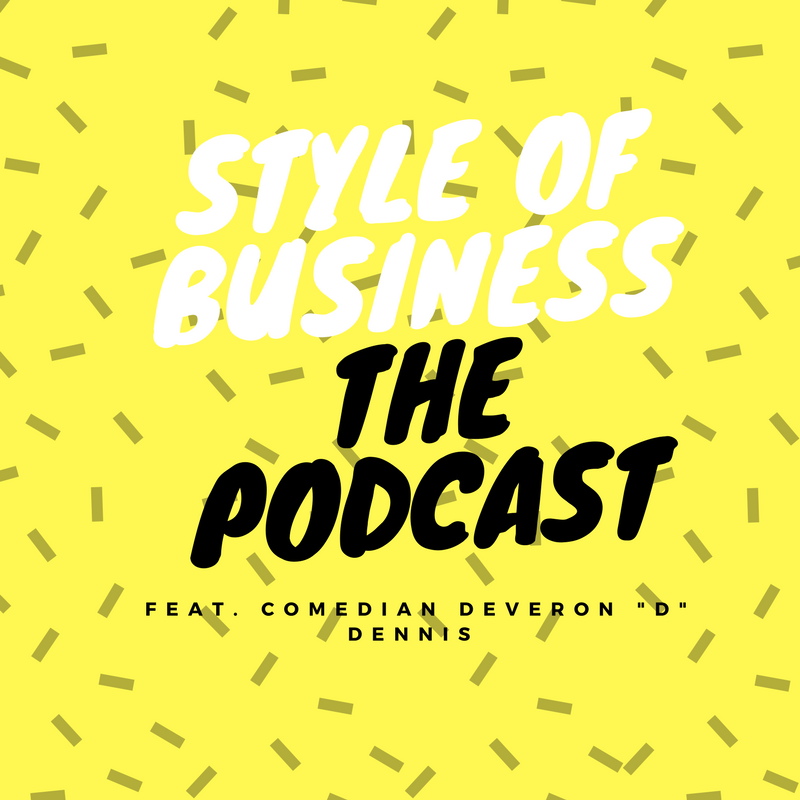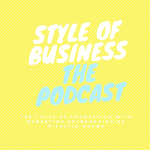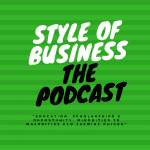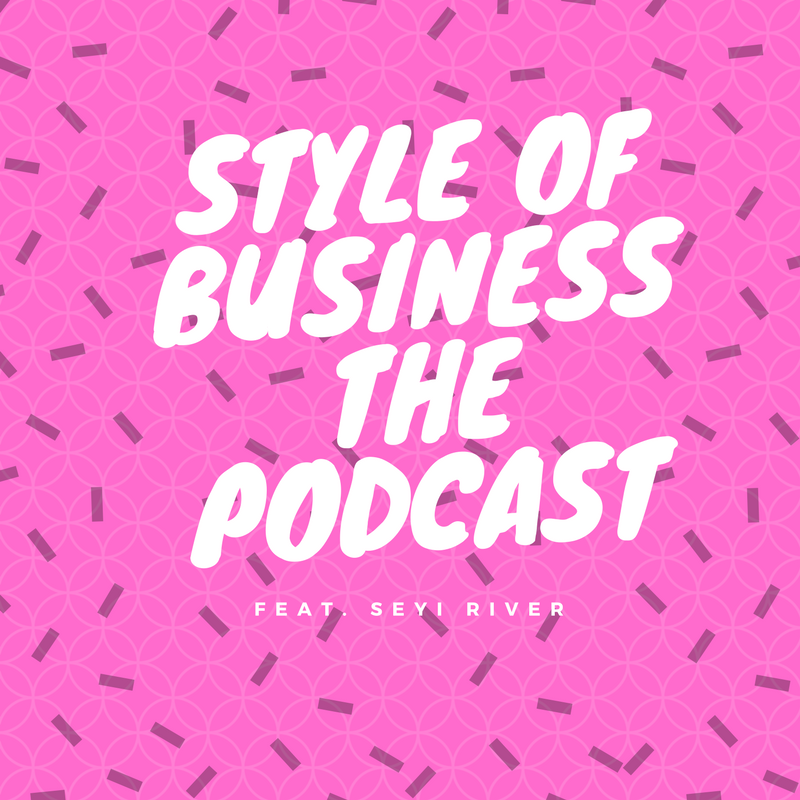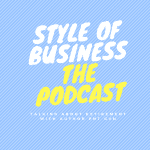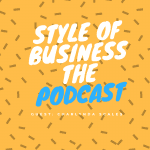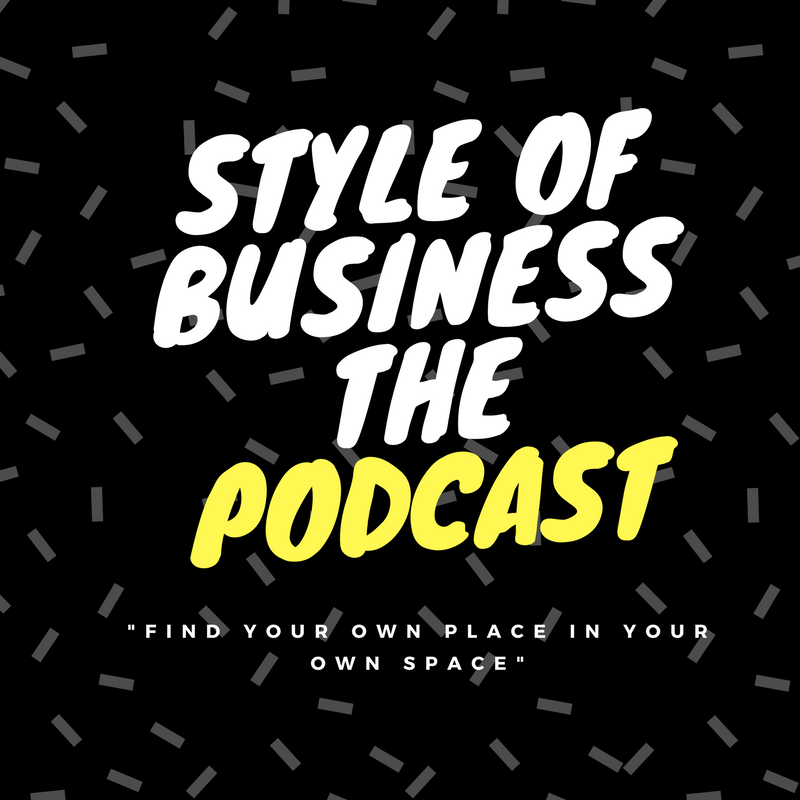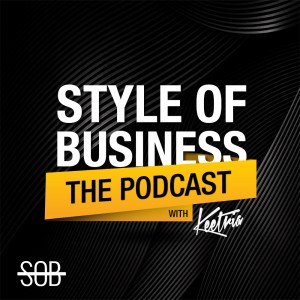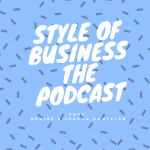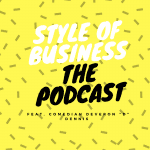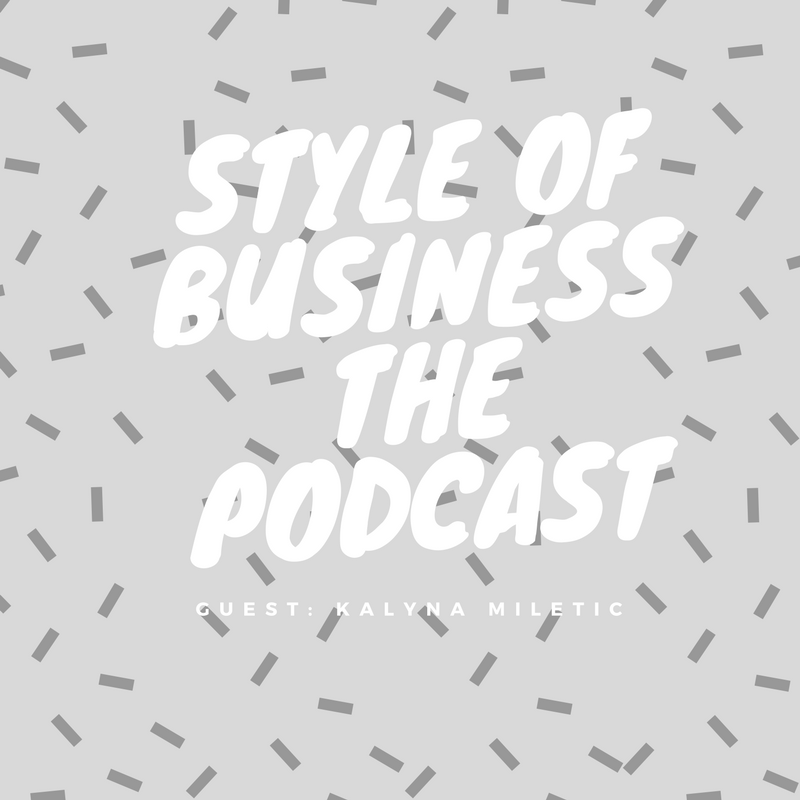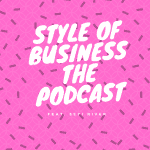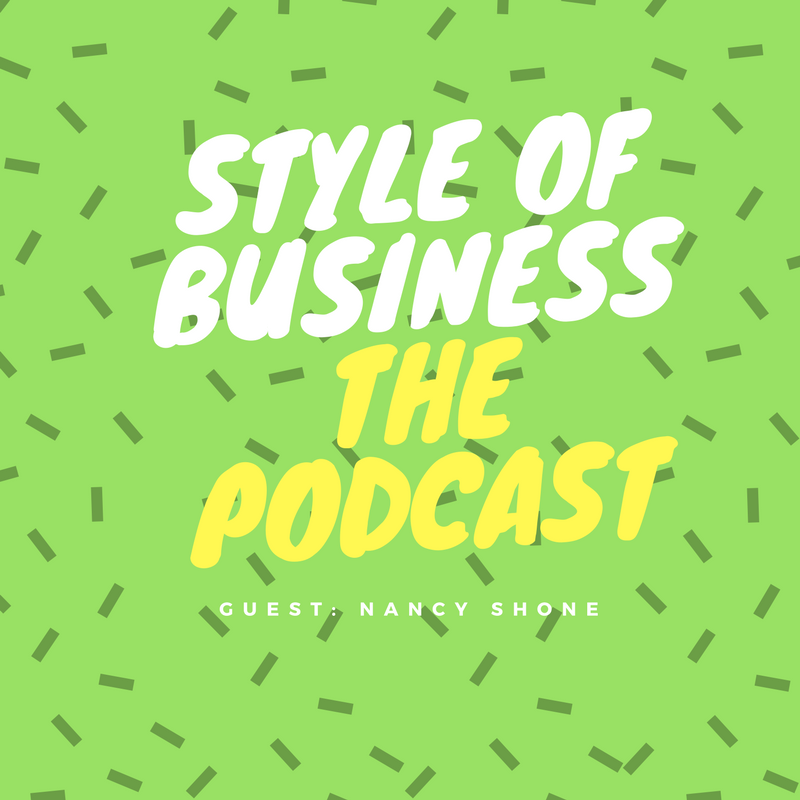Do you want to know yourself more and how you can live a better life? Do you want to improve how you communicate with other people? These books we chose offer practical and illuminating techniques on how you can make positive changes in your life.
- The Four Tendencies by Gretchen Rubin
In her latest book, “The Four Tendencies,” bestselling author Gretchen Rubin’s harnessed the power of personality tests to reveal the Four Tendencies that each of us has. We are either an Upholder, a Questioner, an Obliger, or a Rebel. According to Rubin, these Four Tendencies shape how we behave and react to the world, and understanding them will allow us to make better decisions and help us lead happier lives.
Best lesson: You’re more likely to thrive in a work environment that suits your personality
Best review:
“The Four Tendencies will immediately improve every area of your life—and I say this from personal experience. If you’ve been feeling stuck in your relationships, career, health, or self-confidence, understanding your Tendency and how to make it work for you is the game-changer you’ve been looking for.”
-Melissa Hartwig, author, and co-creator of The Whole30
- The Code of Trust: An American Counterintelligence Expert’s Five Rules to Lead and Succeed by Robin Dreeke and Cameron Stauth
Robin Dreeke is a counterintelligence agent and the co-author of “The Code of Trust.” His main mission was to recruit American spies and counter the efforts of foreign spies. The way he approached his mission was unique because it was based on the power of trust. His goal was to inspire trust among people who could provide vital information. He believed that every person has a different style of communication. And the only way to get valuable information from anyone is to learn how they like to communicate.
Best lesson: The “platinum rule” is all about treating people the way you want to be treated.
Best review:
“Smart, empowering, and easy to follow, Dreeke’s manual should become a classic business―and personal―primer on the art of building trust.” – Publishers Weekly
- The Gifts Of Imperfection: Let Go Of Who You Think You’re Supposed To Be And Embrace Who You Are by Brene Brown
Do you feel the pressure of living up to other people’s expectations? Do you go through life believing that you’re not enough? Do you feel the need to be perfect in every way and feel that you’ve failed if you’ve fallen short? This book will teach you how to be gentle with yourself and how you can find your path to contentment.
Best lesson: Staying vulnerable is a risk we have to take if we want to experience connection.
Best review:
“Brown… urges us to expose and expel our insecurities in order to have the most fulfilling life possible. Her latest is a guidebook for pilgrims on the journey to wholehearted living, which she defines as containing courage, compassion, deliberate boundaries, and connection.”- Publishers Weekly


